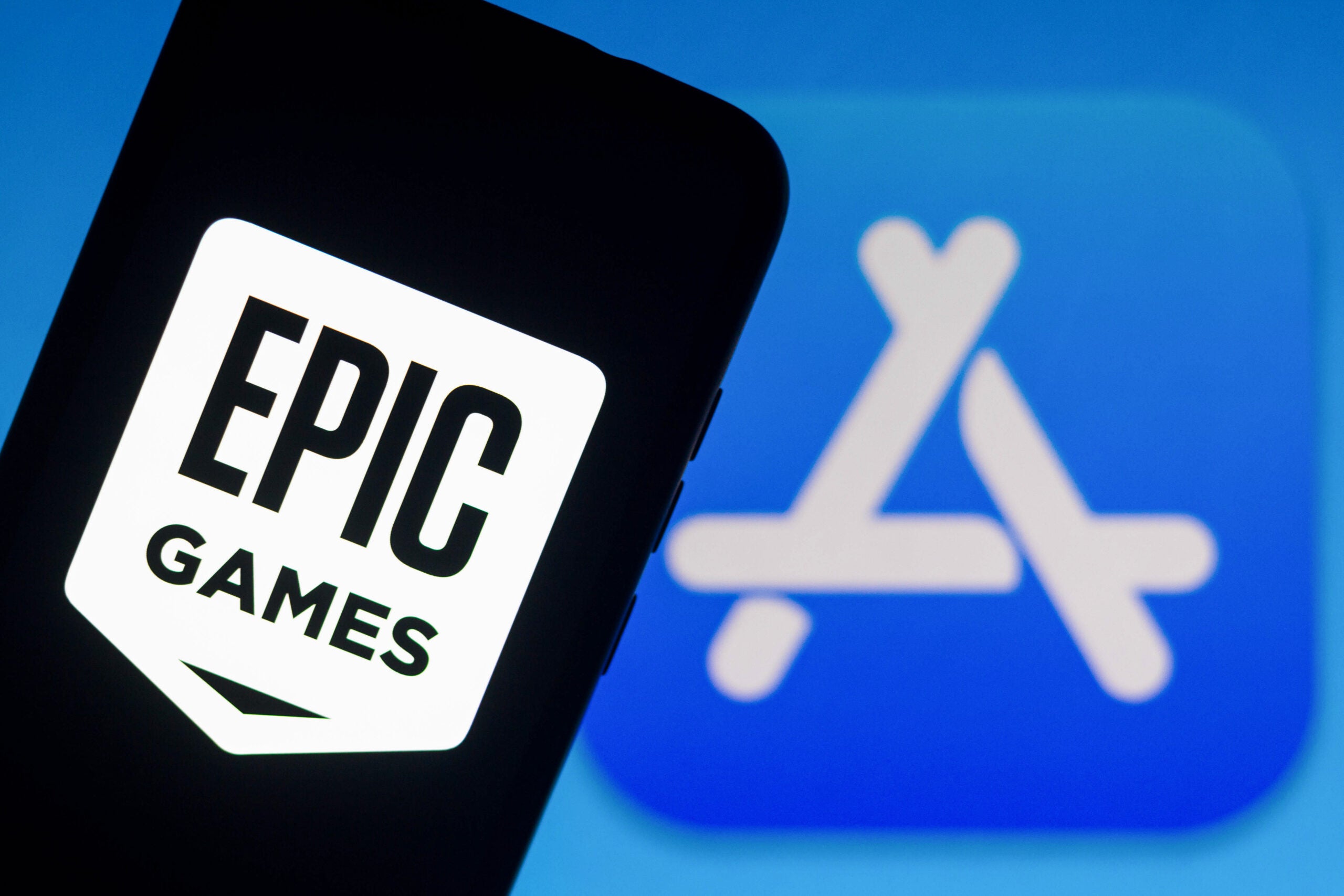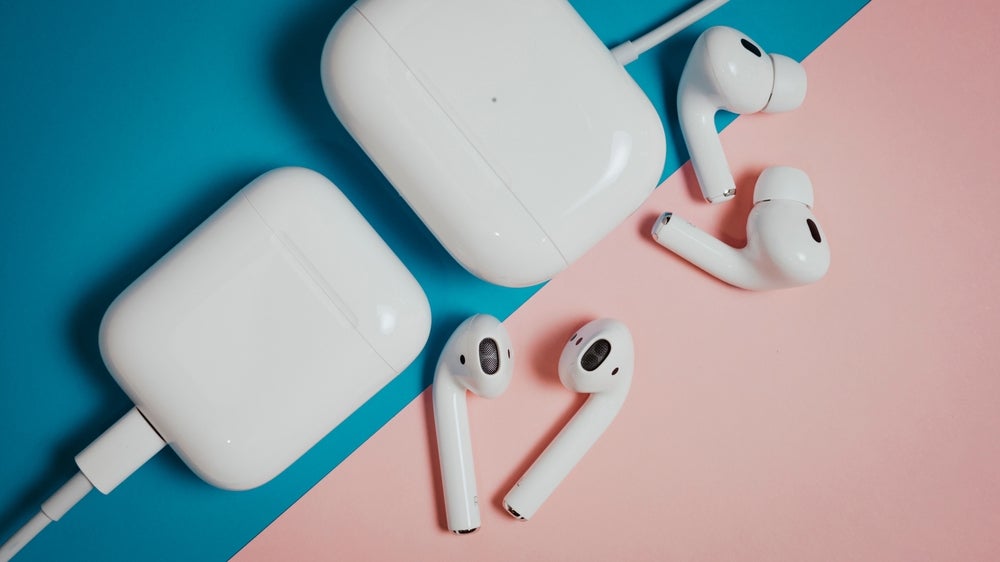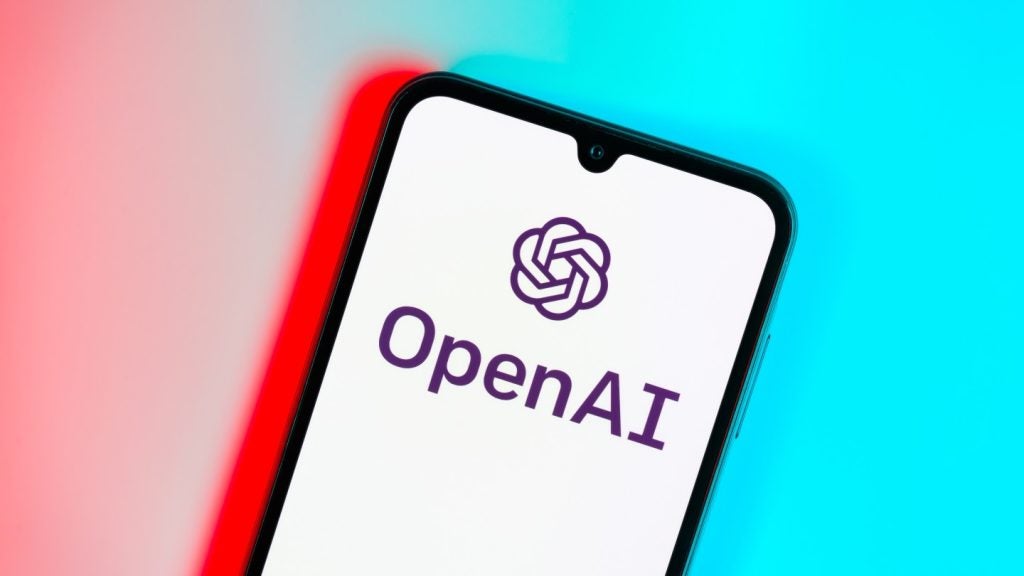
The CEO of Epic Games has accused Apple of lying after the tech giant said it will not reinstate the Fortnite maker’s iOS developer account – effectively continuing its App Store ban despite the conclusion of the pair’s lawsuit earlier this month.
Emails between Epic Games and lawyers representing Apple show that the iPhone maker will maintain its App Store ban until the appeal process is complete. Earlier this month Epic Games lost nine out of ten counts in its legal bout with Apple and said it plans to appeal some parts of the decision.
That process could take as long as five years, said Epic’s chief Tim Sweeney. It means the company’s hit battle royale-style game Fortnite is unlikely to be accessible in the App Store for new downloads any time soon.
“Apple lied,” wrote Sweeney via Twitter and a company blog post. “Apple spent a year telling the world, the court, and the press they’d “welcome Epic’s return to the App Store if they agree to play by the same rules as everyone else”. Epic agreed, and now Apple has reneged in another abuse of its monopoly power over a billion users.”
Epic Games’ iOS developer account has been suspended since August 2020 after it deliberately bypassed Apple’s in-app payment method. Judge Yvonne Gonzalez Rogers said in her ruling that Apple was within its rights to terminate Epic’s App Store accounts because it violated Apple’s terms.
Epic Games has paid $6m in royalties to Apple that was collected from the Fortnite app via its illicit payment method. It has also complied with Apple’s terms by updating old versions of Fortnite on iOS to remove the payment method.
Apple lied. Apple spent a year telling the world, the court, and the press they’d "welcome Epic’s return to the App Store if they agree to play by the same rules as everyone else". Epic agreed, and now Apple has reneged in another abuse of its monopoly power over a billion users.
— Tim Sweeney (@TimSweeneyEpic) September 22, 2021
A letter sent by lawyers representing Apple, dated 21 September, reads:
“In light of this and other statements since the court’s decision, coupled with Epic’s duplicitous conduct in the past, Apple has exercised its discretion not to reinstate Epic’s developer program account at this time. Furthermore, Apple will not consider any further requests for reinstatement until the district court’s judgement becomes final and non-appealable.”
Apple is staying tight-lipped on Sweeney’s comments but did not dispute the authenticity of the shared documents to other media outlets. Verdict has approached Apple for comment.
Sweeney’s decision to share his exchange with Apple suggests the long-running spat will not be going away.
“Fortnite should not be blacklisted for challenging an agreement containing terms the court found to be unlawful which Apple forces on all developers as terms of access to iOS,” wrote Sweeney. “We’ll fight on. The need for regulatory and legislative action is clearer than ever before.”
Bruised Apple
While Apple won nine out of ten counts in its legal battle with Epic, it has been forced into concessions and climbdowns.
Earlier this month, South Korea passed a bill permitting developers to use their own payment systems, effectively blocking major app store operators such as Google and Apple from collecting app purchase commissions.
US lawmakers have proposed similar legislation in a bipartisan push against Big Tech.
Separately, Apple said it will let developers of “reader apps” link to their own external sign-up website, allowing companies such as Netflix and Spotify to avoid paying commission that would be collected if using the App Store’s in-app payment system.
And in August, Apple agreed to a settlement with small developers in the US that will allow them to share information on how to pay for purchases outside of the App Store.
It comes amid an increasingly vocal rebellion from software developers, who are frustrated by the way the $2tn company polices and profits from the App Store.
Earlier this month a developer said he was suing Apple after it launched an on-screen Apple Watch keyboard that closely resembled his own that was rejected from the App Store.
In a separate development, an email sent by Apple CEO Tim Cook to employees warning that those who “leak confidential information do not belong” at Apple was leaked to The Verge.
In a rare move for Apple, it delayed the launch of an iPhone feature following criticism. It was intended to scan iOS devices for images of child sexual abuse material (CSAM), but the launch was suspended after privacy advocates raised concerns about the risk of misuse and surveillance by authoritarian governments.
Data privacy is increasingly becoming a major challenge for Silicon Valley juggernauts, as outlined in a recent GlobalData report.







